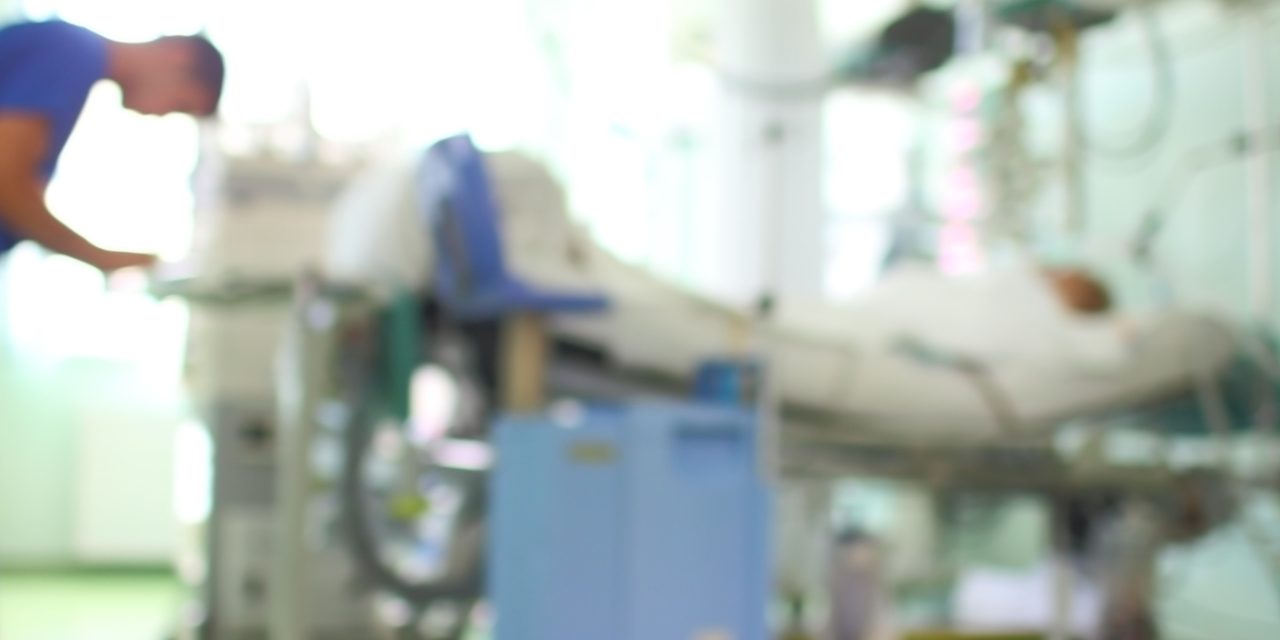The severe acute respiratory syndrome coronavirus-2 (SARS-CoV-2) pandemic poses extraordinary challenges. The tremendous number of coronavirus disease 2019 (COVID-19) cases in the United States has resulted in a large population of survivors with prolonged post-infectious symptoms. The creation of multidisciplinary post-COVID-19 clinics to address both persistent symptoms and potential long-term complications requires an understanding of the acute disease and the emerging data regarding COVID-19 outcomes. Experience with severe acute respiratory syndrome and Middle East respiratory syndrome, post-acute respiratory distress syndrome complications, and post-intensive care syndrome also informs anticipated sequelae and clinical program design. Post-COVID-19 clinical programs should be prepared to care for individuals previously hospitalized with COVID-19 (including those who required critical care support), non-hospitalized individuals with persistent respiratory symptoms following COVID-19 infection, and individuals with pre-existing lung disease complicated by COVID-19. Effective multidisciplinary collaboration models leverage lessons learned during the early phases of the pandemic to overcome the unique logistical challenges posed by pandemic circumstances. Collaboration between clinicians and researchers across disciplines will provide insight into survivorship that may shape the treatment of both acute disease and chronic complications. In this review, we discuss the aims, general principles, elements of design, and challenges of a successful multidisciplinary model to address the needs of COVID-19 survivors.Copyright © 2020 American College of Chest Physicians. All rights reserved.
A clinic blueprint for post-COVID-19 RECOVERY: Learning from the past, looking to the future.


